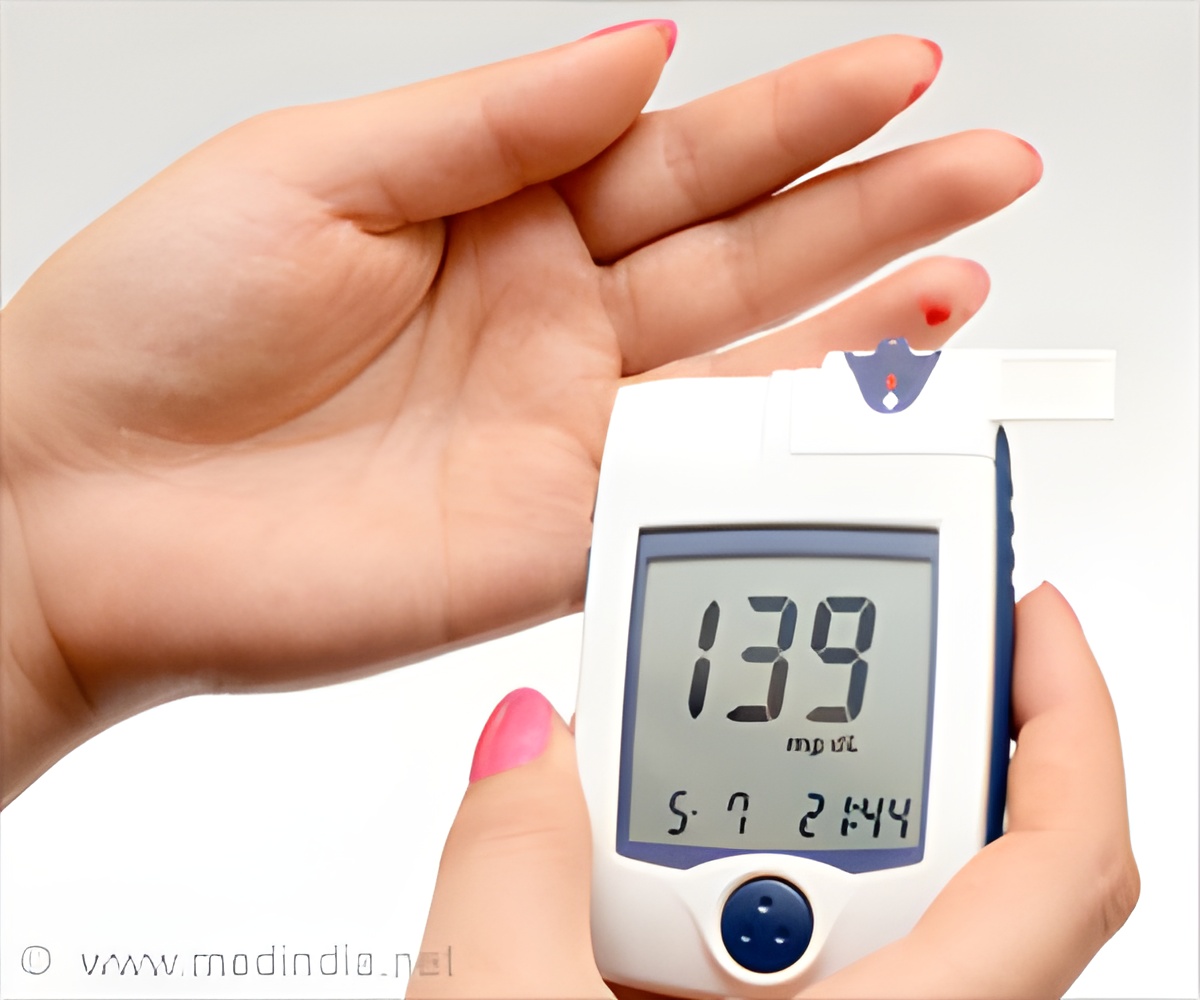
‘Diabetic patients should monitor their blood sugar levels and keep them steady through medications, diet and exercise.’
Tweet it Now
For a good vision, we need a healthy retina. There are numerous tiny blood vessels located in the retina. Over a course of time, conditions such as high blood sugar, high blood pressure and high cholesterol can cause damage to these tiny vessels. This leads to swelling and then blocking of the vessels. As a result, new vessels may generate, which are weaker comparatively. When these changes happen, this means a person has developed some level of diabetic retinopathy. Diabetic retinopathy is a common complication of diabetes, according to the Centers for Disease Control and Prevention. The condition is characterized by progressive damage to the blood vessels of the retina, the light-sensitive tissue at the back of the eye that is necessary for good vision. Often, the vessels swell and leak fluid or even close off completely.
If left untreated, diabetic retinopathy can cause significant vision loss. Symptoms include blurred vision, distortion and a change in vision. It is not curable but treatable.
It is very important for you to get your eyes examined regularly to monitor your diabetic retinopathy. Controlling your blood sugar through diet and exercise and adhering to medications provided by your doctor may also help in slowing down the progress of retinopathy. . A yearly check- up - fundoscopy ,is advisable for screening of retinopathy. Good glycemic, blood pressure and cholesterol control is essential for avoiding any complication of diabetes. A good lifestyle, balanced diet, cessation of tobacco use is integral part for diabetes management.
For those who receive timely treatment, intravitreal injection has changed the course of the disease. Medicine is injected inside the eye, near the retina, which counteracts the damage to the blood vessels.
Advertisement
Source-Medindia















